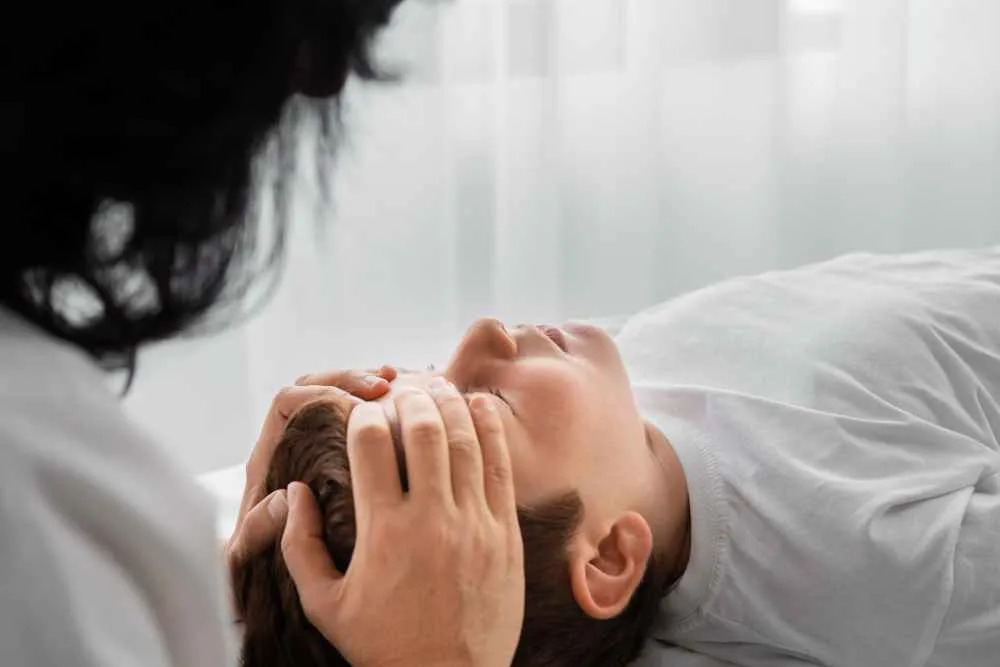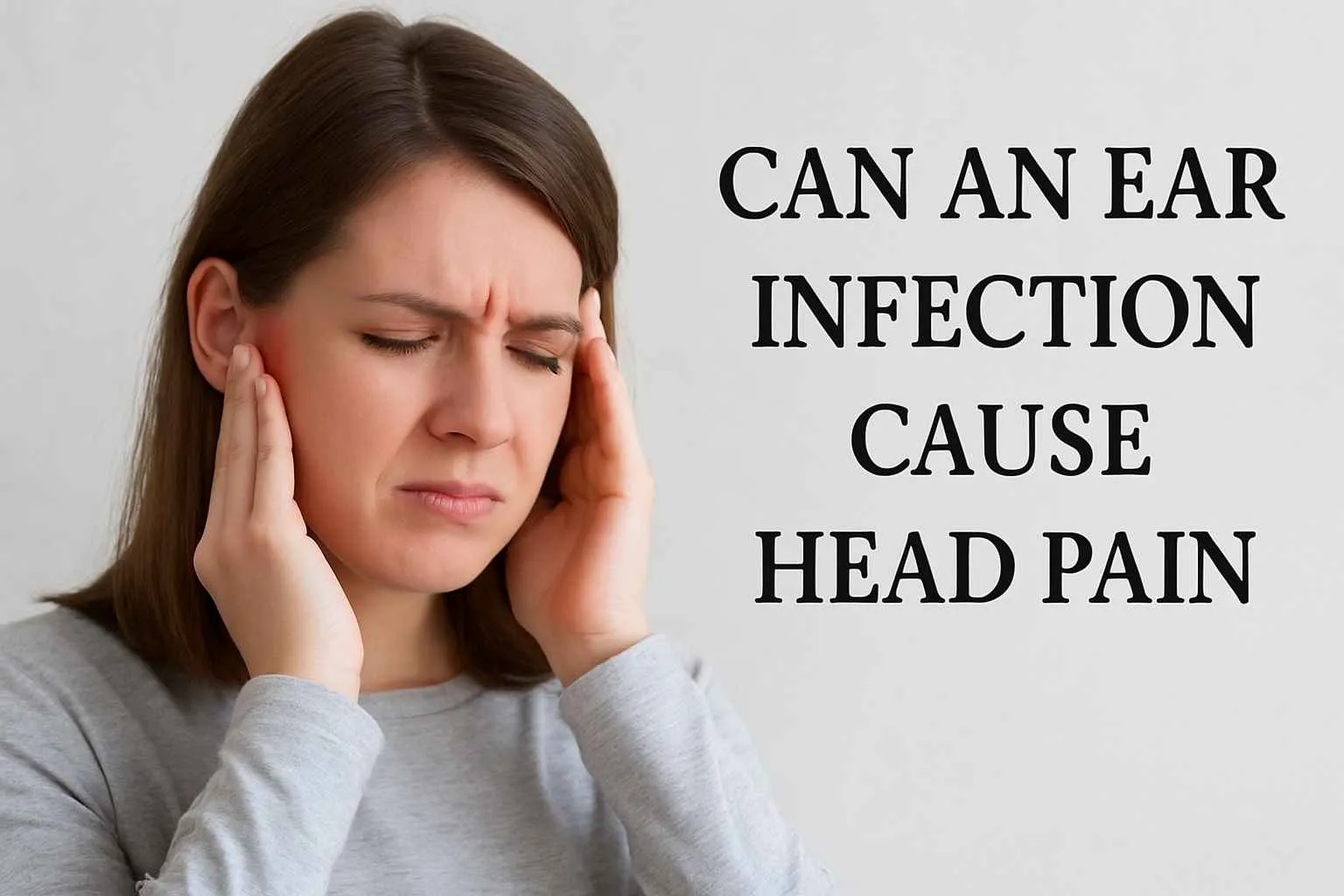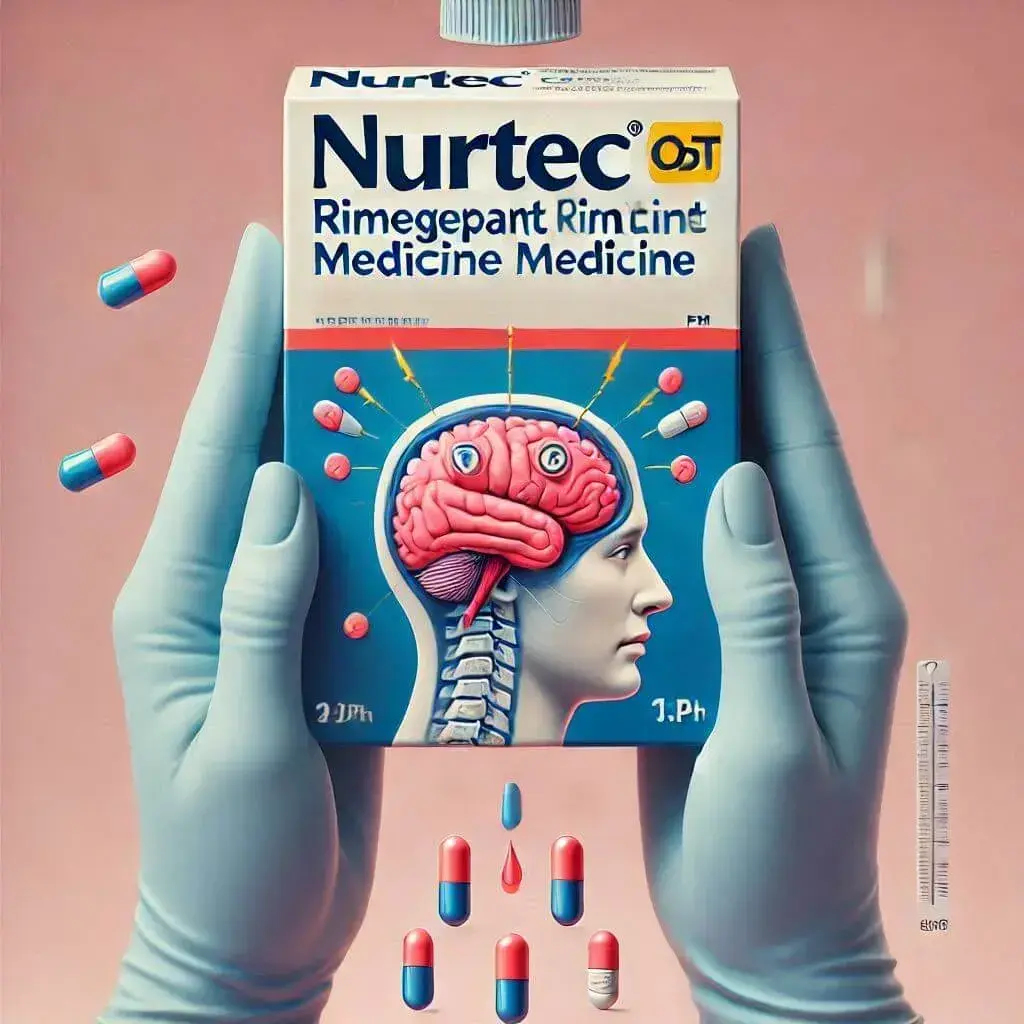Migraines can feel like an unwelcome storm, disrupting your day and leaving you searching for relief. But one question often lingers: how long does a migraine last? Understanding the typical duration of a migraine and what factors can influence it is crucial for managing the condition effectively. In this guide, we’ll explore the timeline of migraines, from warning signs to recovery, and offer insights to help you regain control when one strikes.
How Long Does A Migraine Last?
Migraines typically last between 4 to 72 hours if left untreated. However, the duration can vary significantly depending on individual factors and migraine stages:
Migraine Stages and Timing
- Prodrome Stage: Can begin 1-2 days before the main headache, with subtle warning signs like mood changes or food cravings
- Aura Stage: Usually lasts 5-60 minutes before the headache
- Headache Phase: Most intense period, typically lasting 4-72 hours
- Postdrome Stage: Can last 24-48 hours after the headache, often called the "migraine hangover"
Treatment Impact
- Early intervention with medications can potentially shorten migraine duration
- Some people experience significant relief within 2-4 hours of taking prescribed treatments
- Over-the-counter pain relievers might reduce symptoms more quickly
Factors Affecting Migraine Duration
- Individual physiology
- Stress levels
- Sleep patterns
- Trigger exposure
- Effectiveness of treatment
- Underlying health conditions
Prevention Strategies for Migraine
- Identify and avoid personal triggers
- Maintain a consistent sleep schedule
- Manage stress
- Stay hydrated
- Consider preventive medications if migraines are frequent
Remember that everyone experiences migraines differently, and consulting a healthcare professional can provide personalized guidance for managing your specific migraine patterns.
When to Seek Medical Attention?
- Migraines lasting longer than 72 hours
- Headaches that don't respond to usual treatments
- Accompanying severe symptoms like vision changes or neurological issues
Also Read: What are the best medications to use for Epilepsy, Parkinson’s disease & Migraine?
Symptoms of Migraine and How They Are Recognized
Common Symptoms
- Moderate to severe throbbing or pulsating pain that interferes with daily activities.
- Nausea and vomiting.
- Neurological symptoms: impaired vision, and heightened sensitivity to light, sound, and smell.
Migraine with Aura
- Visual abnormalities: bright spots, flashing lights.
- Tingling in limbs or numbness on one side of the body or face.
- Difficulty speaking or weakness.
- Aura acts as a warning, typically appearing before migraine symptoms.
Also Read: Migraine Treatment in Ayurveda
How long is too long if you have a migraine?
Depending on the kind of migraine you get, there comes a time when you should consult a doctor.
A migraine lasting more than 72 hours is called having status migrainosus. If your migraine has not reacted to any form of therapy, you should seriously consider visiting the emergency department or contacting your healthcare professional.
Also Read: What Triggers A Migraine Attack?
Conclusion
Understanding how long does a migraine last can empower you to manage its impact more effectively. While durations vary from person to person, identifying your triggers and early warning signs can make a significant difference in relief and recovery. If migraines disrupt your life frequently, seeking professional guidance is essential for tailored solutions and long-term well-being. Remember, with the right care, migraines don't have to control your day.
Frequently Asked Questions
What is the fastest way to get rid of a migraine?
Get in a dark room away from any kind of loud noise, apply a hot or cold compress to your head or neck, and take a caffeinated drink such as coffee.
What makes migraines go away?
Consuming caffeine, massage, and over-the-counter pain relievers may help ease migraine pain.
How does a migraine feel?
A throbbing or pounding pain that tends to be worse on one side of the head.
Will migraine go away on its own?
Yes, migraines usually goes away after few hours.
What drinks help migraines?
Coffee, Ginger Tea, peppermint tea, grape juice, lemon water, etc.
What's the difference between a headache and a migraine?
Unlike headaches, migraines attack only one side of the head accompanied by nausea, vomiting, vision difficulties.
Why is my migraine not going away?
You should consult a doctor as this may indicate an underlying serious condition.
Is migraine 100% curable?
No, migraines are incurable however, they can be managed or controlled.
Are migraines caused by stress?
Yes, stress is one of the major causes of stress.
Does drinking water stop migraines?
Yes, dehydration triggers migraines and drinking water may help relieve migraine pain.
Reviewed by







